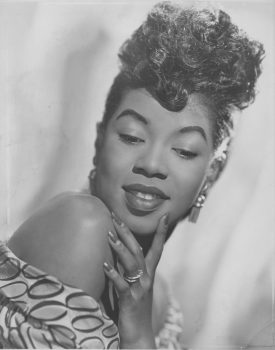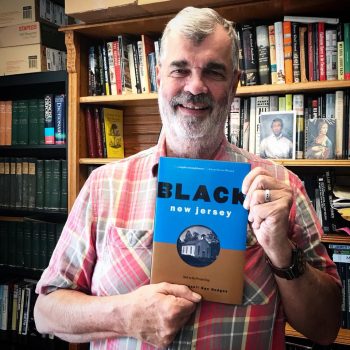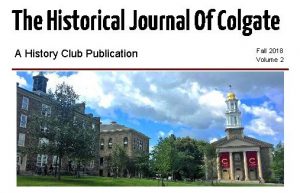
Black New Jersey, 1664 to the present day uncovers 350 years of slavery and its legacies among the fifth largest black population in the United States. Slavery existed in New Jersey from the origins of the colony, through gradual emancipation starting in 1804, and was not extinguished in the state until national passage of the Thirteenth Amendment in 1865. During the American Revolution and after, hundreds of black Jerseyans fled to the British lines or to port cities seeking freedom. Their actions, more than the Gradual Emancipation of 1804, hastened the end of slavery in the state. New Jersey slave masters were notorious for illegal sales of free black people to the slave South; in Bergen County, across the Hudson River from New York City, masters held tight to enslaved people for decades. After the Civil War, Jim Crow segregation curtailed black freedoms into the 1960s.
The alternative history of Black New Jerseyresides in the courage and resilience of its people. A few examples: during the American Revolution Colonel Tye, a self-emancipated slave from Shrewsbury, left his master in 1775 and later returned to command bands of blacks and whites against Patriots. The famous Underground Railroad operator Harriet Tubman started her Underground Railroad career in Cape May, New Jersey. Cape May was one of numerous “black towns” along the southern Jersey shore that acted as places of succor and transport for self-emancipated slaves from the South. Paul Robeson – actor, singer, athlete, activist – was perhaps the greatest person born and raised in New Jersey. He came from a distinguished family in Princeton. Marion Thompson Wright from Newark rose from poverty to become in 1940 the first black woman to earn a doctorate in the field of history. She then had a distinguished career in the Education Department at Howard University. Amiri Baraka, a playwright and poet from Newark, epitomized recent black activist/artists. After gaining fame in New York City as a beat poet, Baraka returned to Newark and embraced a fierce black nationalism. Today, Corey Booker, a Rhodes Scholar and former Mayor of Newark, is now New Jersey’s U.S. Senator. He may run for president in 2020. Theirs are but a few of the great human accounts in Black New Jersey.

In addition to his new book, Professor Hodges has received a National Endowment for the Humanities research grant to support his next major book project, “Black Flight from Slavery in the Americas, 1500-1856.”
Written by Graham Hodges, Professor of History




 On October 3, the Colgate History Department welcomed special guest Marcy Norton for the annual Douglas K. Reading Lecture.. Persson Auditorium was packed for the occasion. The subject of Norton’s lecture, “Taming the Wild: Animal Familiarization in Greater Amazonia, 1492-1700,” was human-animal relations, colonialism, and science. She will soon publish a book on this topic with Harvard University Press.
On October 3, the Colgate History Department welcomed special guest Marcy Norton for the annual Douglas K. Reading Lecture.. Persson Auditorium was packed for the occasion. The subject of Norton’s lecture, “Taming the Wild: Animal Familiarization in Greater Amazonia, 1492-1700,” was human-animal relations, colonialism, and science. She will soon publish a book on this topic with Harvard University Press. Last week the History Department celebrated student research by awarding the London Study Group Work-
Last week the History Department celebrated student research by awarding the London Study Group Work- The History Department is pleased to announce the
The History Department is pleased to announce the